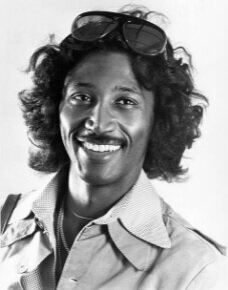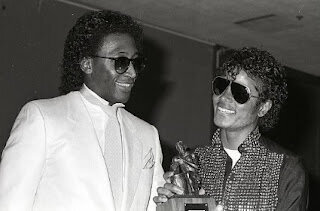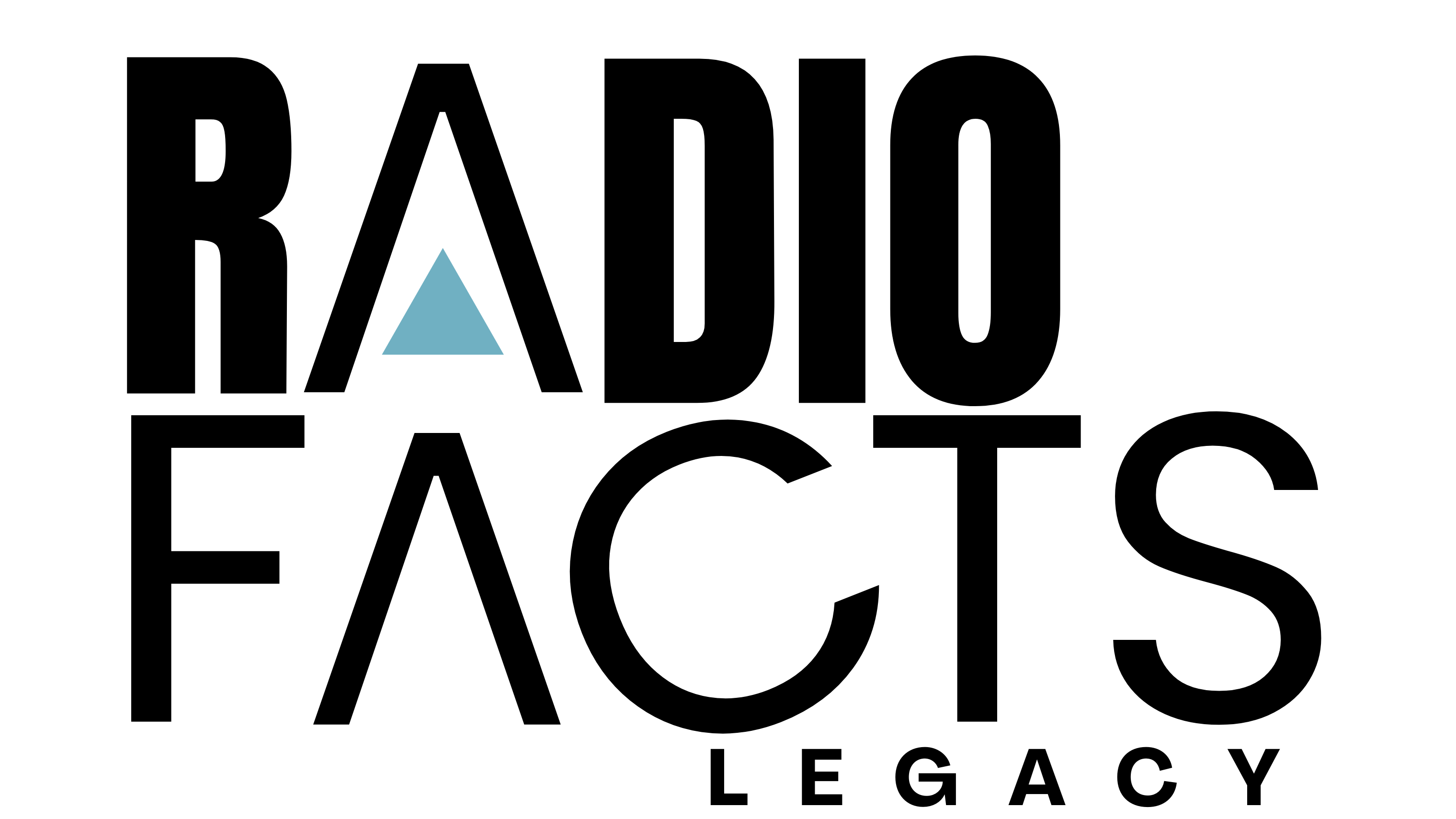Frankie Crocker, often referred to as the “Chief Rocker,” was a trailblazing American radio DJ and program director who revolutionized urban radio.

He helped shape the sound of Black music in the 1970s and 1980s, leaving an indelible mark on the broadcasting industry. His life was marked by innovation, charisma, and a deep connection to the music and culture of his time.

Early Life and Education
Frankie Crocker was born on December 18, 1937, in Buffalo, New York, to a working-class family. He grew up in Buffalo and attended Buffalo State College, where he initially studied pre-law. However, his passion for music and communication led him to pursue a career in broadcasting instead of law. His early exposure to jazz, R&B, and soul music would later influence his career as a DJ and program director.
The Start of a Radio Career
Crocker began his radio career in the early 1960s at WUFO, a small station in Buffalo, New York. His smooth voice, magnetic personality, and deep knowledge of music quickly set him apart. He moved to larger markets, including New York City, where he worked at stations like WMCA and WWRL, gaining a reputation as a dynamic and innovative DJ.
Rise to Fame at WBLS
In the late 1960s, Crocker joined WBLS-FM, a station that would become synonymous with his name. At WBLS, he became both a DJ and program director, and his influence on the station’s programming was transformative. He introduced the “urban contemporary” format, which blended R&B, soul, funk, disco, jazz, and pop music, creating a sound that appealed to a wide and diverse audience. This format became a blueprint for urban radio stations across the country.

The Creation of the Urban Contemporary Format
Frankie Crocker’s tenure at WBLS in the 1970s and 1980s cemented his legacy as one of the most influential figures in radio. Under his leadership, WBLS became the top-rated station in New York City and one of the most influential urban radio stations in the United States. Crocker’s ability to curate playlists that resonated with listeners, combined with his smooth, seductive voice and larger-than-life personality, made him a household name.
Frankie Crocker’s Charismatic Style and Influence

Crocker was known for his flamboyant style, both on and off the air. He often wore flashy suits, drove luxury cars, and frequented high-profile events, including the legendary nightclub Studio 54, where he was a regular. His sign-off line, “May you live as long as you want and never want as long as you live,” became iconic.
Championing Black Music and Breaking Artists
He was instrumental in breaking new artists and promoting Black music. Crocker championed artists like Aretha Franklin, Barry White, Earth, Wind & Fire, and Donna Summer, helping them gain mainstream recognition. He was particularly influential during the disco era, using WBLS to popularize the genre and make it a cultural phenomenon.

The Disco Era and Studio 54 Connection
Frankie Crocker’s impact extended beyond radio. He was a key figure in the rise of Studio 54, the legendary New York nightclub that became the epicenter of disco culture in the late 1970s. His presence at the club, along with his promotion of disco music on WBLS, helped solidify the genre’s place in popular culture.
Film and Television Appearances
Crocker’s influence wasn’t limited to radio. He appeared in several films, including:
- Cleopatra Jones (1973)
- Five on the Black Hand Side (1973)
- Darktown Strutters (1975)
He also hosted television shows, including “Midnight Sound”, which showcased live performances by popular artists. Crocker’s ability to connect with audiences across different media platforms made him a cultural icon.

Controversies: Payola Allegations and Legal Battles
Despite his success, Crocker’s career was not without controversy. In the 1970s, he was accused of payola, the illegal practice of accepting money or gifts in exchange for playing certain records on the radio. While Crocker denied the allegations, the accusations tarnished his reputation and led to legal battles. He was eventually cleared of wrongdoing, but the controversy lingered.
Later Career and Departure from WBLS
In the late 1980s, Crocker left WBLS amid declining ratings and changes in the radio industry. He worked at other stations, including KUTE-FM in Los Angeles, but never regained the same level of influence he had at WBLS. His departure marked the end of an era for urban radio.
Life After Radio
After leaving radio, Crocker largely retreated from the public eye. He spent his later years in Miami, Florida, where he lived a quieter life. Despite his reduced presence in the industry, his contributions to radio and music continued to be celebrated.
Death and Legacy

Frankie Crocker passed away on October 21, 2000, at the age of 62, from pancreatic cancer. His death marked the end of an era for urban radio, but his legacy as a pioneer and innovator lives on.
Impact on Urban Radio and Music Culture
Frankie Crocker’s influence on radio and music is immeasurable. He was a trailblazer who helped bring Black music and culture to mainstream audiences, breaking barriers and setting new standards for urban radio. His creation of the urban contemporary format reshaped the radio industry and paved the way for future generations of DJs and program directors.
Frankie Crocker’s Enduring Influence
Crocker’s ability to connect with listeners, promote new artists, and create a sense of community through music made him a beloved figure in New York City and beyond. He was posthumously inducted into the Radio Hall of Fame in 2005, a testament to his enduring impact on the industry.
Frankie Crocker remains a symbol of the golden age of radio, a time when DJs were tastemakers and cultural icons. His life and career continue to inspire those who seek to use music and media to bring people together.
















